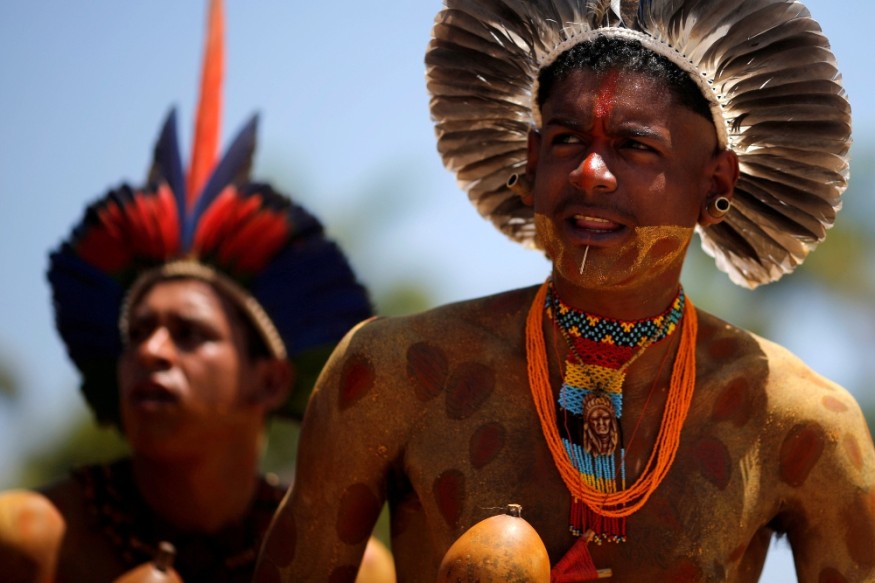Indigenous Groups Team Up to Protect Latin America's Forests

In the name of Latin America's forest, Central American countries have united as part of a regional climate action plan released at U.N. climate talks in Madrid this week, according to an article by Reuters.
The alliance composed of governments, indigenous people, environmental groups and others announced its 10-year plan to protect the five great forests of Latin America spanning from Mexico to Colombia which are 10 million hectares when combined, and rehabilitate the degraded area roughly the size of Guatemala.
The forests include the Maya Forest covering Mexico, Guatemala and Belize; the Moskitia covering Nicaragua and Honduras; the Indio Maíz-Tortuguero covering Nicaragua and Costa Rica; the Talamanca region in Costa Rica and Panama; and the Darien covering Panama and Colombia.
According to the alliance, the five forests protect the countries they cover by sequestering carbon dioxide emissions from burning fossil fuels that heat up the planet. They also provide water, clean air, food security and other natural resources to 5 million people. Aside from those, they also serve as habitat to a rich wildlife such as the jaguar and scarlet macaw. Their plan aims to ensure no species would go extinct.
Carlos Manuel Rodriguez, Costa Rica's environment minister hopes they would not be fragmented by deforestation.
"Nearly 50% of the carbon in Mesoamerica is stored in the five great forests," he said.
However, the alliance said three of the forests have been reduced by almost one-quarter in size in the last 15 years due to illegal cattle ranching responsible for more than 90% of recent deforestation.
The alliance noted that to safeguard the forests, the measures will include empowering agencies that look after protected areas, verifying if beef has been legally produced and combatting cross-border cattle traffickers, helping ranchers find other ways to earn a living, and most especially, reforesting land where trees have been cut down.
Jeremy Radachowsky, regional director for the Wildlife Conservation Society which is one of the project partners, said financing will be provided by various sources inside and even outside Central American countries including donor governments and private organizations. There will also be a dedicated fund created for indigenous and community forests.
Cándido Mezúa of the Mesoamerican Alliance of Peoples and Forests, said it was sad to see the forests of the Amazon burning - and the impact that was having on indigenous people.
"In Mesoamerica, we have our five forests. They still exist. We can still protect them, and even expand them," he said in a statement.
Meanwhile, Amazon indigenous leaders, announced this week they would host a world summit in Ecuador on August 2020 with the objective of coming up with ways to protect and preserve the Amazon rainforest and other ecosystems.
Moreover, leaders of 20 indigenous groups from Ecuador and Peru also rallied against oil drilling and mining in the "Sacred Headwaters" of the Amazon that is rich in biodiversity and spans 30 million hectares in the two countries.
Reuters previously reported that President Jair Bolsonaro's farm-friendly initiatives allowed Chinese companies to gobble up record volumes of Brazil's farm goods and expand agricultural lands deeper into the Amazon which further bolstered its deforestation.
In a report by Latin Post, Amazon deforestation is at its highest in more than a decade and has increased by as much as 30 percent in August.
Environmental group Rights and Resources Initiative said 65% of the Earth's land communally held by indigenous peoples and local communities contains 80% of the world's biodiversity.
Subscribe to Latin Post!
Sign up for our free newsletter for the Latest coverage!
© 2026 Latin Post. All rights reserved. Do not reproduce without permission.















